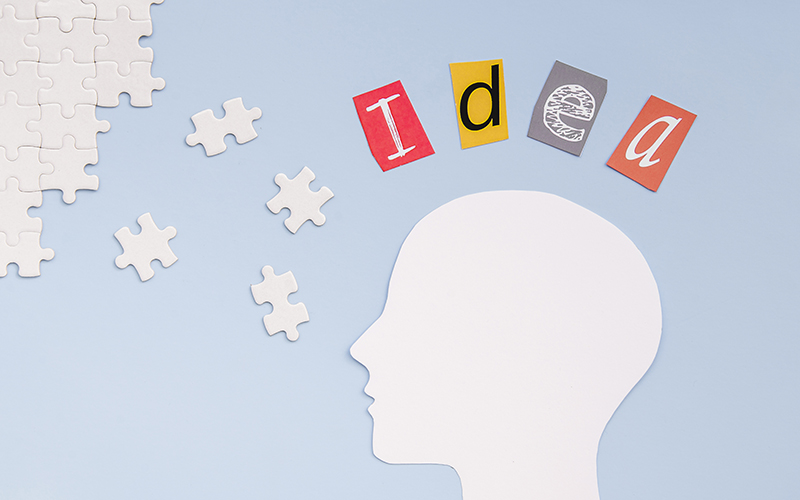Mental Health and Creativity: A Beautiful Connection
Have you ever felt a surge of emotion while listening to a particular song? Or perhaps you've lost yourself in the creation of a painting, only to emerge feeling calmer and more focused?
These experiences hint at the powerful connection between creativity and mental health.
The Science Behind the Art
Our brains are incredibly complex organs, constantly working to process information and emotions. Creativity is a process that involves divergent thinking – exploring multiple possibilities and solutions. This kind of thinking can be a wonderful escape from the often-repetitive patterns of everyday life. Engaging in creative activities can stimulate different parts of the brain, promoting new neural connections.
Research suggests that creativity can be beneficial for mental health in several ways:
Emotional Expression
Art, music, and writing offer outlets for expressing feelings that might be difficult to put into words. This can help reduce emotional distress and promote a sense of relief.
Stress Reduction
Engaging in creative activities can be a form of mindfulness, helping to shift focus away from worries and anxieties. This can lower stress levels and improve overall well-being.
Increased Self-Esteem
Creating something and seeing it through to completion can boost confidence and self-worth. This can be particularly helpful for individuals struggling with low self-esteem or depression.
Social Connection
Many creative pursuits involve collaboration or sharing work with others. This can foster a sense of belonging and connection, which are essential for good mental health.
The benefits of creativity for mental health have led to its integration into various therapeutic approaches. Art therapy, music therapy, and drama therapy are just a few examples. These therapies provide structured opportunities for individuals to explore their emotions, develop coping skills, and build resilience through creative expression.
Overcoming Creative Blocks
It's normal to experience creative blocks from time to time. These periods of feeling stuck can be frustrating, but they don't have to derail your creative journey. Here are some strategies to help you overcome creative blocks:
- Take a break: Stepping away from your project can give your mind a chance to rest and recharge.
- Change your environment: A change of scenery can spark new ideas. Try working in a different location or engaging in a different activity.
- Collaborate with others: Sharing ideas with others can lead to fresh perspectives and new approaches.
- Embrace imperfection: Don't strive for perfection. Allow yourself to make mistakes and learn from them.
By incorporating creative activities into your life, you can enhance your emotional well-being, build resilience, and find new ways to express yourself.
So, pick up a paintbrush, strum a guitar, or write a poem. Your mind will thank you.









